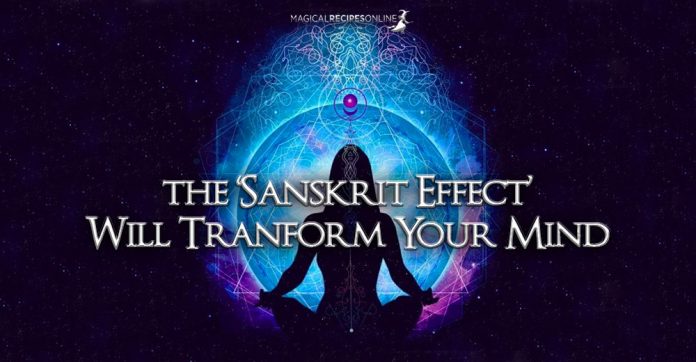The Ancients did not really fancy the fact of keeping records of knowledge by writing it down into books. On the one hand, they believed that by keeping records of what we should learn by heart, we weaken our capacity to memorize things. On the other hand, there were things, like rituals and spells, that should not appear in a book available to everyone. As a matter of fact, writing got widespread because of bureaucracy, not because of literature!
So, in ancient India “reliance on language in its written form was seen as crippling, and not giving true control over linguistic content. Hence this (Sankrit) proverb:
“Knowledge in a book – money in another´s hand.”[i]
Sokrates also “reported” that when the god Theuth first offered the craft of writing to the king of Egypt, the king was not really impressed. As the king said:
“Most ingenious Theuth, one man has the ability to beget arts, but the ability to judge of their usefulness or harmfulness to their users belongs to another; and now you, who are the father of letters, have been led by your affection to ascribe to them a power the opposite of that which they really possess. For this invention will produce forgetfulness in the minds of those who learn to use it, because they will not practice their memory.”
(Plato, Phaedrus 275a)
Memorizing is good for our brain
The fact is that in our digital era, our mind capacity to memorize things is barely challenged. Although we develop other skills, like being faster in searching for information, our brain gets lazier in keeping memories. And this is not without consequences. As this article put it, the ugly toll of technology is impatience and forgetfulness.
What is then the antidote to that? According to neuroscientist James Hartzell, learning long texts in an ancient language such as Sanskrit can literally transform your brain.
Hindu tradition still demands the recitation of extensive texts that trained scholars in India learn to chant from a tender age. Along with memorizing the texts, they also learn to master the grammar of the ancient language. Thus, they are totally aware of what they are singing.
The “Sanskrit effect”
Dr. Hazell studied 21 professionally qualified Sanskrit pandits. In a research published by his team, he discovered that “memorising Vedic mantras increases the size of brain regions associated with cognitive function, including short and long-term memory. This finding corroborates the beliefs of the Indian tradition which holds that memorising and reciting mantras enhances memory and thinking.” As he wrote in Scientific American:
“I had also noticed that the more Sanskrit I studied and translated, the better my verbal memory seemed to become. Fellow students and teachers often remarked on my ability to exactly repeat lecturers’ own sentences when asking them questions in class. Other translators of Sanskrit told me of similar cognitive shifts. So I was curious: was there actually a language-specific “Sanskrit effect” as claimed by the tradition?”
Indeed, Dr. Hazell reports a substantial change in the right hippocampus of the Hindu scholars. This region is connected with short and long memory and, in the case of bandits, it exhibited more grey matter than in average brains. Moreover, the right temporal cortex, associated with speech prosody and voice identity, was also substantially thicker.
Learn your spells, strengthen your memory!
Our western way of life does not allow us to dedicate much time to memorizing of long texts. But then, how can we reverse the tendency of our brain to forget things? Well, there is definitely a way.
Learning a foreign language is always beneficial. Not only will you be able, gradually, to have access to a foreign culture and eventually communicate with its speakers. You will also improve the condition of your brain health, since it has been often put forward, that learning a foreign language can prevent brain aging, dementia and even Alzheimer.
Learning an ancient language may sound less practical for communicating with modern folks, but it can be fascinating. Latin, Ancient Greek, Hebrew, Sanskrit or Gothic! The list is long, do your research. Besides, ancient wisdom is valuable for us and we have to preserve it. You will never regret it.
And of course, witches and mages have a good chance here to train their brain. When you practice your spells and rituals, learn them by heart. Recite them before each performance. Try to remember a list of spells that can be useful when you do not have access to your notes or to Magical Recipes! Your brain will be doubly grateful, for memorizing magic and giving it an energy boost!
Phaethon
[i] Nicholas Ostler. 2006. Empires of the Word: A Language History of the World. Harper Collins e-books, chapter: The character of Sanskrit.

